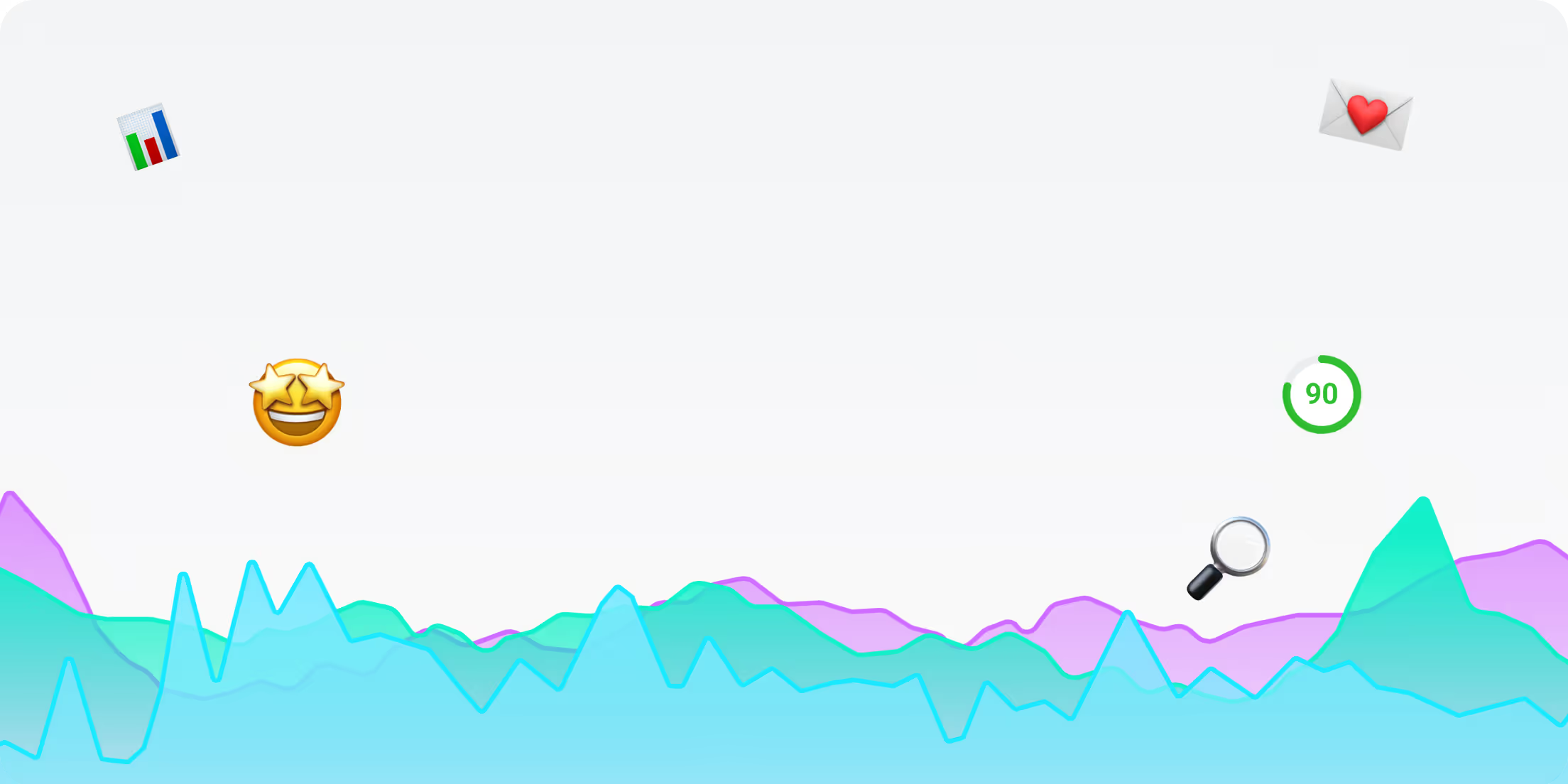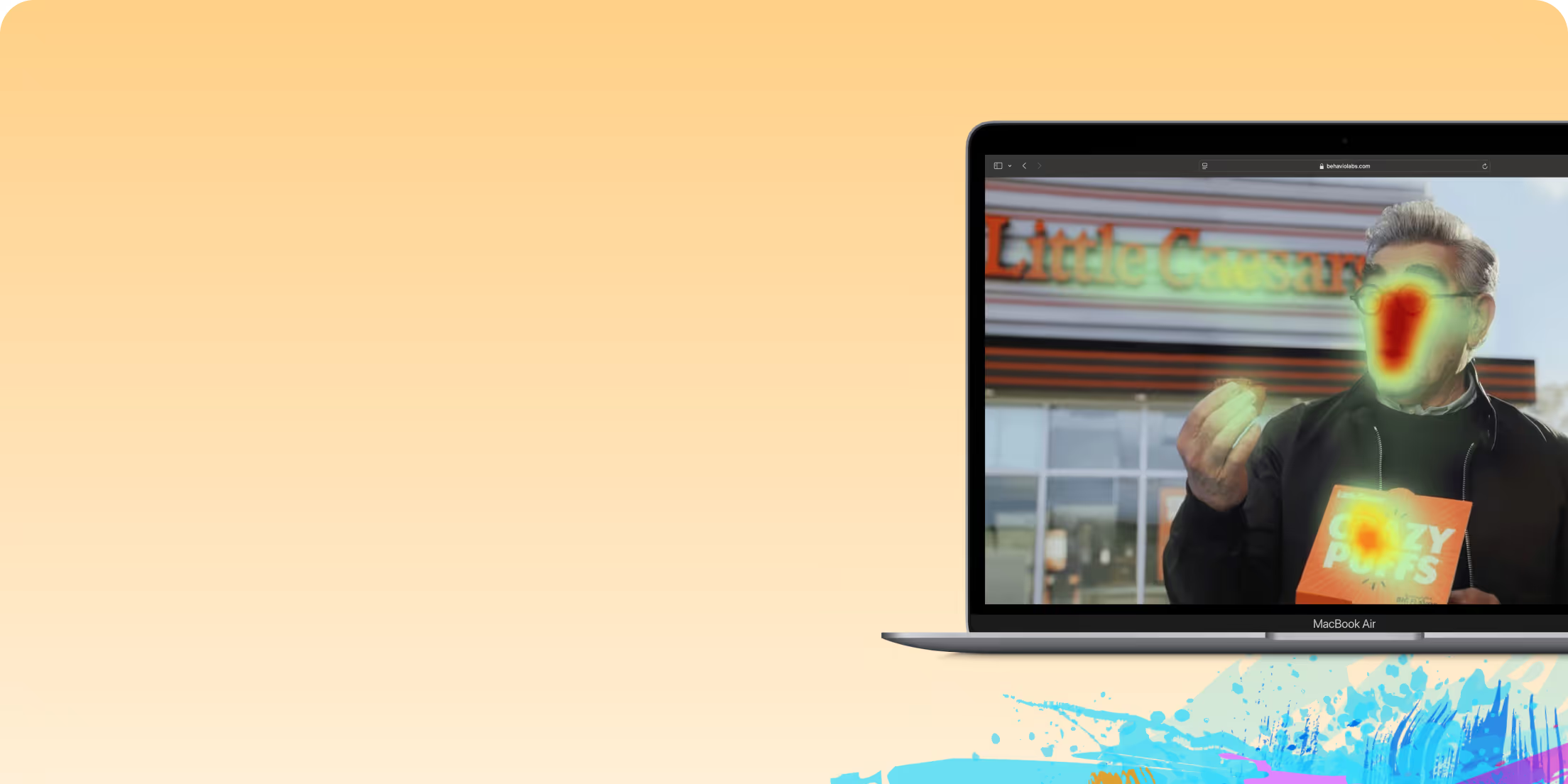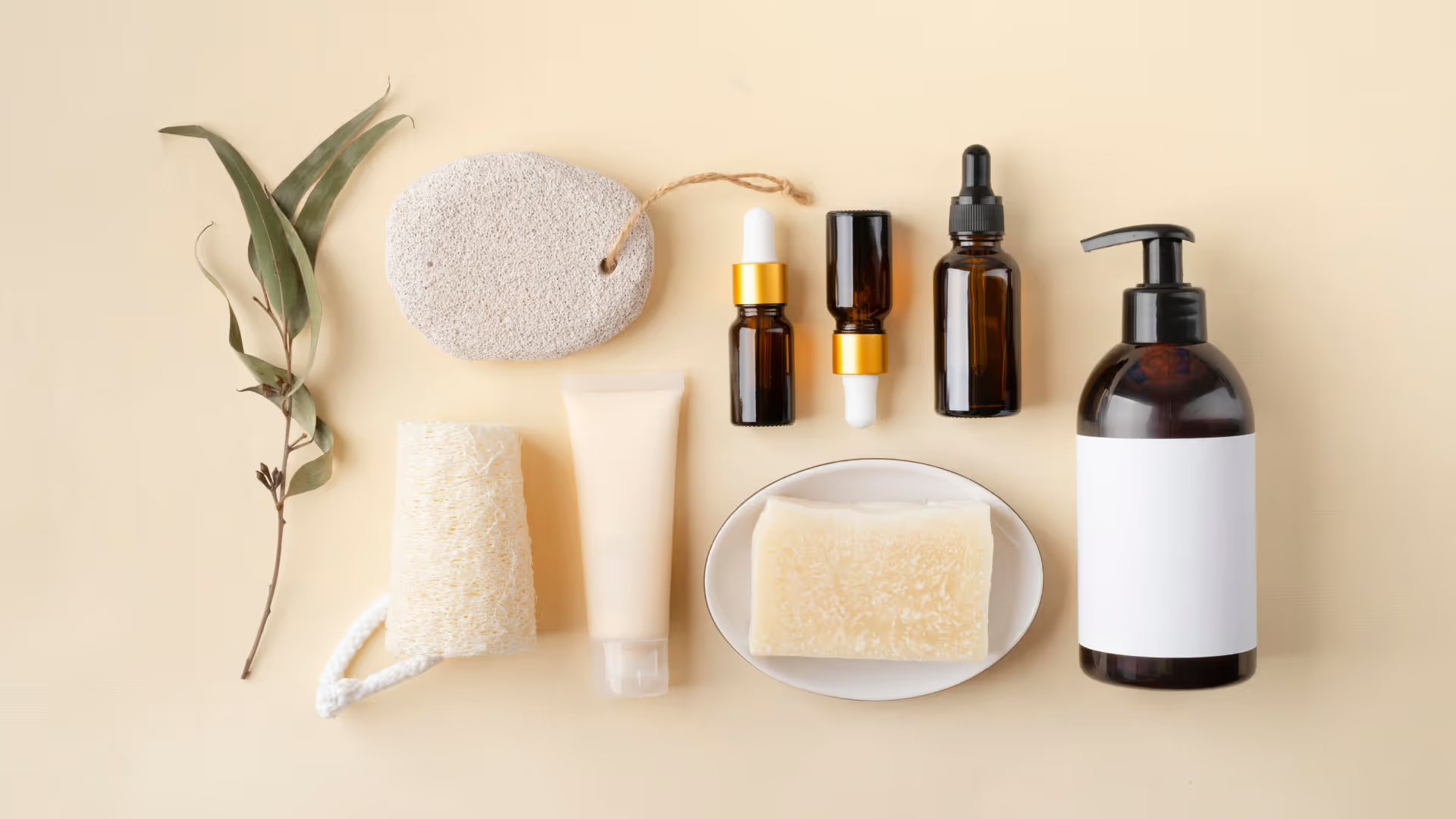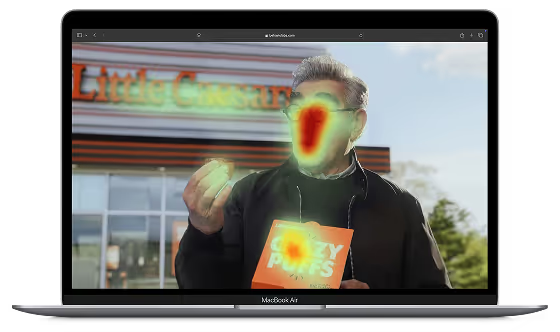Brand awareness is one of those marketing buzzwords that gets thrown around a lot these days.
It might seem a bit fuzzy compared to more concrete metrics, but measuring brand awareness is crucial for the success of your business.
Why? Because understanding how familiar people are with your brand helps you make better decisions about where to focus your marketing efforts.
Now, however intangible brand awareness may be, there are a few ways to measure it. Let's dive in, shall we?
What is brand awareness?
Brand awareness is the recognition and recall of a brand by consumers. This metric essentially indicates their familiarity with the brand and serves as a great barometer of brand health.
Strong brand awareness means people are more likely to think of your brand first when they need a product or service you offer.
It helps build trust and credibility, making it easier to attract new customers and retain existing ones. Brand awareness fuels growth, driving more sales and long-term success.
Simply put, if a lot of people recognize your brand, that’s a good sign—it means you have strong brand awareness!
Why track brand awareness?
Brand awareness doesn’t just build recognition—it helps guide your marketing strategy. By understanding the level of awareness, you can make informed decisions about what to focus on.
For example, if awareness is low, you might focus on increasing visibility, whereas high awareness could mean it’s time to emphasize product differentiation.
In other words, knowing how familiar people are with your brand allows you to prioritize efforts that align with your business goals. It’s a key factor in staying competitive and strategically investing your resources where they’ll have the most impact.
You can dive deeper into how to adjust your strategy based on your brand’s size with our free brand tracking cheatsheet.
How to track brand awareness
Here are five common methods to measure and track brand awareness over time:
1. Google Analytics
If you're looking for a broader picture of how recognizable your brand is in the digital space, a good place to start is by checking your Google Analytics dashboard.
Google Analytics can cue you into how much of your website traffic comes organically from search engines.
However, it’s worth noting that Google has enacted privacy policies in recent years that limit the amount of data you can access regarding organic search queries.
Despite the new regulations, you can still get a general sense of how many people are searching for your brand by name, especially if you have a high volume of search traffic.

2. Share of search
Another way to measure brand awareness is by tracking your share of search. This key metric shows how often your brand is searched for compared to competitors in your industry.
For online businesses, this metric directly correlates with brand salience, which reflects how top-of-mind your brand is for consumers.
Although share of search offers an interesting and cost-effective perspective on your brand awareness, it comes with its own set of drawbacks.
Like monitoring web traffic, this method provides little detail or context into how consumers perceive your brand.
Without this context, it can be challenging to understand the effectiveness of your brand awareness efforts or to identify areas for improvement.

3. Social media monitoring
Social media platforms offer a treasure trove of data when it comes to measuring brand awareness.
With social media monitoring, you can effectively gauge brand mentions, carry out sentiment analysis, and track audience engagement.
However, this monitoring often offers limited demographic insights, which may not give you a comprehensive view of brand awareness among your target audience.
The results can also be influenced by the heavy buyer fallacy—as those who follow and engage with your brand on social media do not represent the average consumer.
Since this data represents just a small and random segment of the total audience, relying solely on these inputs to shift your marketing strategy or communication can be misleading.

4. Market research
Market research techniques offer an in-depth look into the effectiveness of your brand awareness efforts. With brand awareness surveys, focus groups, and in-depth interviews, you can gain a more nuanced understanding of how familiar consumers are with your brand.
Keep in mind that market research is typically an intense and expensive process that can feel overwhelming, especially for small or mid-size brands.
While it provides more representative data than some of the methods mentioned earlier, the findings are often presented in massive reports—sometimes exceeding 100 presentation slides!—with no clear, actionable takeaways. This complexity can make measuring brand awareness a larger project than need be.

5. Brand tracking
Think of brand tracking as a health checkup for your brand; it gives you a complete picture of how people see and feel about your brand over time. It's essentially the most practical yet comprehensive way of measuring brand awareness.
Brand tracking allows you to measure more than just brand recognition; it also gives you insights into key metrics such as brand associations, brand salience, and brand emotion. This info helps you make smart decisions to keep your brand strong and memorable in the minds of consumers.
Brand tracking involves regularly gathering and analyzing data about how your brand is doing in the market. This ongoing monitoring keeps you in the loop about your brand’s health and helps you make smarter, data-driven decisions for your marketing strategies.
By staying on top of trends and shifts in consumer perception, companies can adjust their approach to better meet their audience’s needs and preferences.
Moreover, brand tracking can uncover potential opportunities for growth and identify areas where the brand can differentiate itself from competitors.
Companies can use this information to refine their marketing efforts, enhance customer experiences, and ultimately, build stronger brand loyalty.
With brand tracking, businesses can ensure that their brand remains relevant and resonates with both existing and potential customers.

How to set up brand awareness tracking
Here’s a simple step-by-step framework to get started:
- Define your key metrics. Decide which awareness KPIs matter most, like unaided recall, brand emotion, or share of search.
- Choose your tools. Combine analytics (Google Analytics, social monitoring tools) with brand tracking software like Behavio for a complete view.
- Establish a baseline. Conduct an initial survey or data analysis to benchmark your current awareness level.
- Track regularly. Measure awareness monthly or quarterly to detect shifts over time.
- Compare and act. Benchmark against competitors and adjust campaigns to strengthen weak areas.
Brand tracking with Behavio
If you are considering measuring your brand awareness and strategizing the next steps, Behavio comes in to make your life easier with its most actionable and affordable brand tracking solution.
Here are a few things that make Behavio brand tracking so special compared to other platforms:
Detailed insights & practical takeaways
Say goodbye to drowning in data overload! Behavio delivers streamlined insights tailored to your business.
No more sifting through hundreds of complicated presentation slides – our platform brings actionable data straight to your fingertips.
.avif)
Effortless onboarding
We understand that time is of the essence when you're busy building your business. That's why we've simplified our onboarding process to just 30 minutes.
Brand tracking at a great price
Track important metrics without blowing your budget. Behavio offers affordable brand tracking solutions designed to optimize your brand without draining your resources.
By embracing a holistic approach to measuring brand awareness, your businesses can gain a deeper understanding of consumer perceptions, identify areas for improvement, and strengthen brand loyalty and engagement.
Ultimately, investing in brand awareness measurement is an investment in long-term success and sustainability in the marketplace.
👉 For next steps, check out our article on how to grow fast with brand tracking.
Frequently asked questions
Brand awareness is the degree to which consumers can recognize or recall your brand. It influences purchasing decisions by making your brand the first choice when people consider a product category.
If you’re just getting started, begin with simple analytics tools like Google Analytics or share of search data to get a rough sense of how often people look for your brand. Then, move toward more structured methods like brand tracking to gain deeper insights into recognition, perception, and brand sentiment over time.
For most businesses, checking in monthly or quarterly is enough to spot trends and shifts. Consistency matters more than frequency: regular tracking helps you understand whether campaigns are working, how consumer perception evolves, and where you need to adjust your marketing strategy.





.avif)





.avif)








